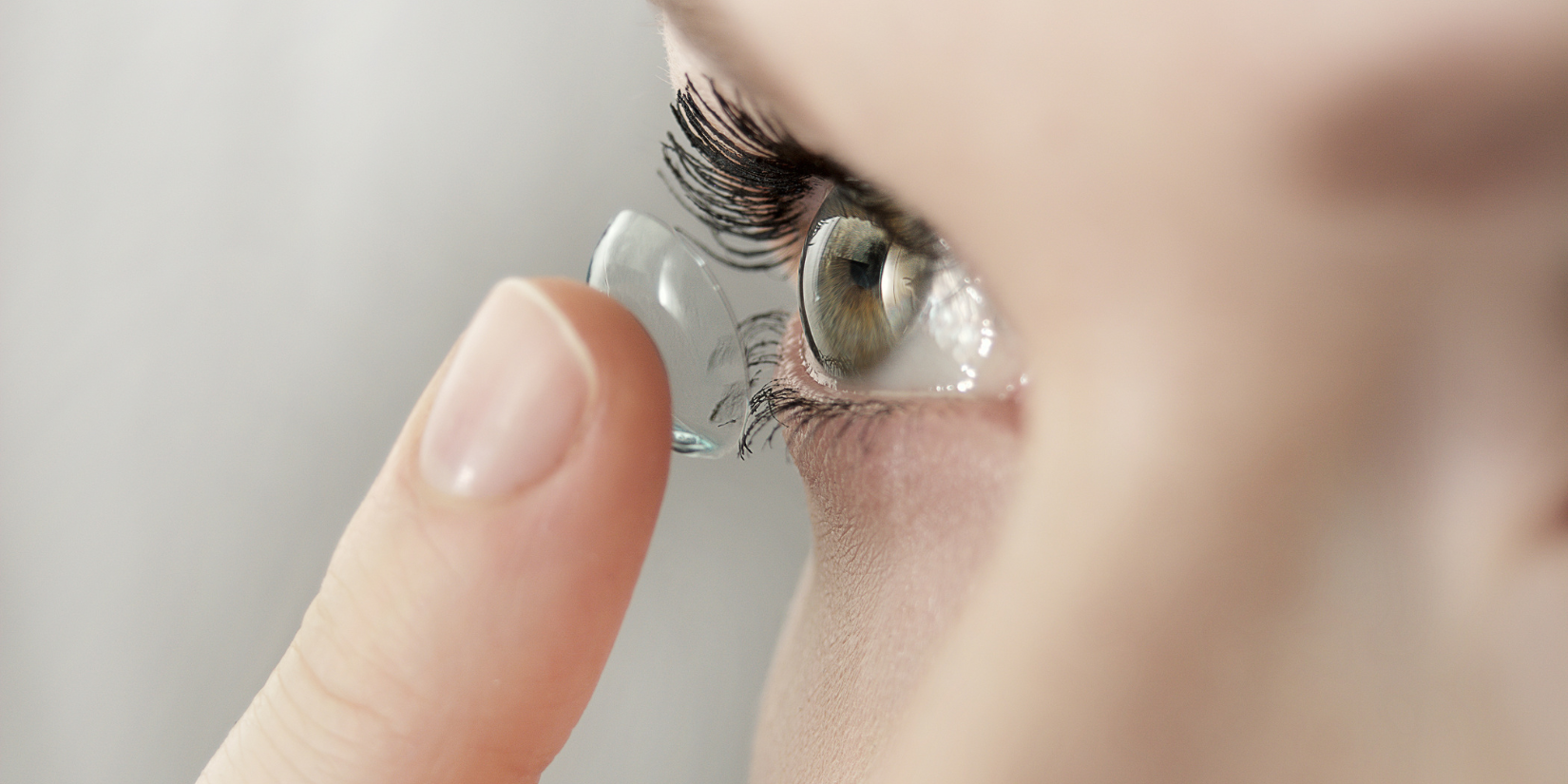When it comes to health, most people think about diet, exercise, and regular check-ups with their primary care physician. However, eye health is often overlooked—even though it plays a key role in your overall wellness. Your eyes don’t just help you see the world—they can also reveal hidden health issues and reflect your body’s overall condition.
How Eye Health Reflects Your Overall Wellness
1. Early Detection of Systemic Diseases
During a comprehensive eye exam, your eye doctor can spot early signs of serious health conditions. In fact, optometrists and ophthalmologists are often the first to detect certain diseases, sometimes before symptoms appear elsewhere in the body.
● Diabetes: Tiny blood vessels in the retina can show damage from high blood sugar levels, which is an early indicator of diabetes.
● Hypertension: Bulging or narrowed blood vessels in the eyes can signal high blood pressure.
● Autoimmune Conditions: Inflammation in the eye can be a symptom of autoimmune diseases like lupus or multiple sclerosis.
● High Cholesterol: Yellow or gray rings around the cornea can be a sign of elevated cholesterol levels.
2. The Impact of Lifestyle on Eye Health
Your daily habits directly affect both your eye health and overall well-being.
● Diet and Nutrition: A diet rich in omega-3 fatty acids, lutein, zinc, and vitamins C and E can reduce the risk of age-related eye diseases such as macular degeneration and cataracts. These nutrients also support brain and cardiovascular health.
● Physical Activity: Regular exercise improves circulation, which helps maintain healthy blood vessels in your eyes. This lowers the risk of glaucoma and other eye conditions linked to poor circulation.
● Sleep and Eye Health: Quality sleep is vital for overall wellness and eye health. Insufficient sleep can cause dry eyes, eye strain, and blurred vision, while chronic sleep deprivation may increase the risk of serious eye conditions.
3. The Connection Between Eye Strain and Mental Health
In today’s digital age, many people spend hours staring at screens, leading to digital eye strain. Symptoms like headaches, dry eyes, and blurred vision can contribute to stress, fatigue, and decreased productivity.
● Blue Light Exposure: Prolonged exposure to blue light from screens can disrupt sleep patterns, which can impact overall mental and physical health.
● Stress and Vision Issues: Chronic stress can cause eye twitching, blurry vision, and even increase the risk of central serous retinopathy, a condition where fluid builds up under the retina.
4. Eye Health and Brain Health: The Vision-Mind Connection
Your eyes and brain are closely linked. In fact, the optic nerve connects the eyes directly to the brain, making vision a crucial part of neurological health.
● Cognitive Function: Studies have shown that poor vision in older adults is linked to a higher risk of cognitive decline and dementia.
● Neurological Disorders: Eye exams can detect signs of neurological conditions like multiple sclerosis or even brain tumors based on changes in the optic nerve.
5. Preventative Eye Care Supports Overall Wellness
Prioritizing regular eye exams doesn’t just safeguard your vision—it supports your overall health. By catching early signs of systemic diseases, promoting healthy lifestyle choices, and managing digital eye strain, you can protect both your eyes and your long-term well-being.
Protect Your Vision, Protect Your Health
Your eyes are more than just windows to the world—they’re also windows to your overall health. At Eye Care For You, we’re committed to helping you maintain healthy vision and overall wellness. Schedule your comprehensive eye exam today to take a proactive step toward protecting your eyes and your health.



